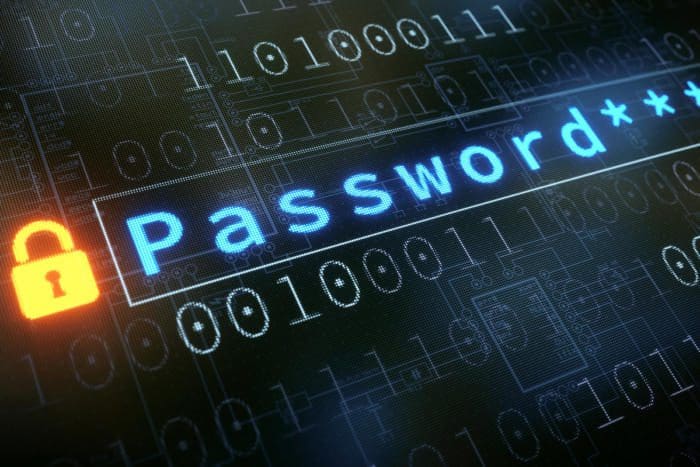How to Create a Strong Password: Best Practices for Cyber Security
Crafting the Key to Your Digital Fortress: Strong Password Best Practices

Discover the best practices for creating strong passwords and learn how to enhance your cyber security.
In the realm of cyber security, creating a strong password is your first line of defense against cyber threats. A robust password can be the difference between keeping your personal information secure and falling victim to a cyber attack. Here, we explore the best practices for creating strong passwords.
Understanding the Importance of Strong Passwords
Passwords are like keys to your digital fortress. They protect your personal information, financial data, and other sensitive details from unauthorized access. However, not all keys are created equal. A weak password can be easily guessed or cracked by cyber criminals, leaving your digital fortress vulnerable.
Best Practices for Creating Strong Passwords
Creating a strong password involves a combination of factors. Here are some best practices to consider:
- Length and Complexity: A strong password should be at least 12 characters long and include a mix of uppercase and lowercase letters, numbers, and special characters.
- Avoid Personal Information: Avoid using personal information such as your name, birthdate, or common words. These can be easily guessed by attackers.
- Use a Password Manager: Password managers can generate and store complex passwords for you, reducing the risk of human error.
- Change Passwords Regularly: Regularly updating your passwords can help protect against unauthorized access.
- Enable Multi-Factor Authentication: Multi-factor authentication adds an extra layer of security by requiring additional verification to access your accounts.
The Role of User Education
While creating strong passwords is crucial, it’s equally important to educate users about the importance of password security. This includes understanding the risks of using weak passwords, the benefits of using a password manager, and the importance of regular password changes.
The Future of Password Security
As cyber threats continue to evolve, so too must our approach to password security. This includes exploring new technologies such as biometrics and behavioral analytics, and staying informed about the latest cyber security trends and threats.
As we continue to navigate the digital landscape, the importance of strong password practices becomes increasingly clear. By understanding how to create a strong password, we can enhance our cyber security and protect our digital assets.
In the end, password security is not just about creating a strong password, but also about maintaining good cyber hygiene. By following these best practices, we can build a robust digital defense and safeguard our digital fortress against cyber threats.

Comments are closed, but trackbacks and pingbacks are open.